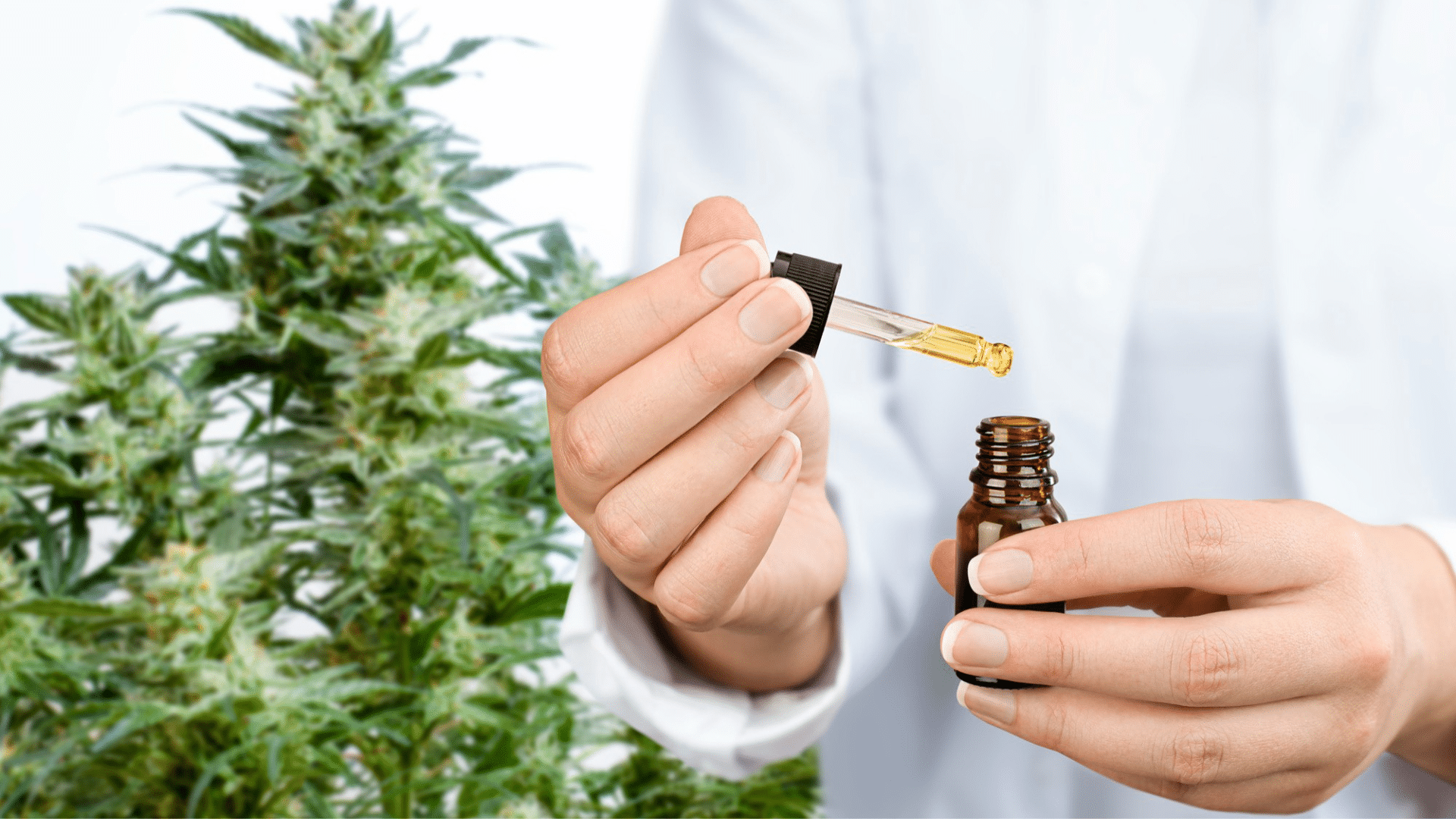
Cannabidiol, more commonly known as CBD , is a compound naturally found in the cannabis plant. It has no psychoactive effects, meaning it does not produce feelings of euphoria or altered consciousness. CBD is valued for its many health benefits, including reducing anxiety, improving sleep, reducing pain and inflammation, and even protecting the nervous system.
The classification of CBD as a drug depends largely on location and current legislation. In many countries, including the European Union and the United States, CBD is not considered a drug, provided it is extracted from specific cannabis varieties (such as hemp) and is contains less than 0.2% (in the EU) or 0.3% (in the US) THC.
However, it is important to note that regulations can vary greatly from country to country, and even from state to state in countries like the United States. For example, while CBD is generally legal in the United States at the federal level, some states have more restrictive laws regarding its sale and use.
Despite regulatory uncertainties, research into CBD has continued to advance, revealing a range of potentially beneficial effects. For example, a 2015 review published in the journal “ Neurotherapeutics ” found that CBD may be effective in treating anxiety, particularly social anxiety disorder. Another study, published in the European Journal of Pain , showed that CBD can help manage pain and inflammation, making it an attractive option for conditions like arthritis.
It is important to note that although CBD appears to have many benefits, it can also interact with other medications and cause side effects in some people. It is therefore recommended to consult a healthcare professional before starting to use CBD .
In conclusion, the CBD is not considered a drug in many places in the world, thanks to its lack of psychoactive effects. However, the regulations varies, and it is important to find out about local laws before starting to use the CBD. As always, it is essential to approach the use of substances such as CBD with prudence and sensitivity, taking into account existing research and by consulting a health professional.

Here are some of the potential benefits of CBD:
- Reduction of anxiety
CBD may help reduce anxiety by modulating the activity of certain brain regions involved in anxiety, such as the amygdala and hippocampus. A 2019 study showed that CBD was as effective as an antidepressant medication in reducing social anxiety.
- Sleep improvement
CBD may help improve sleep by reducing the time it takes to fall asleep, increasing sleep duration, and decreasing nighttime awakenings. A 2018 study showed that CBD was as effective as a sleeping pill in improving sleep.
- Reduced pain and inflammation
CBD may help reduce pain and inflammation by blocking the production of certain pro-inflammatory cytokines. A 2018 study showed that CBD was as effective as an anti-inflammatory medication in reducing pain and inflammation.
- Protection of the nervous system
CBD may help protect the nervous system from damage caused by stress, inflammation and neurodegenerative diseases. CBD may also help improve cognitive function and memory.
- Epilepsy treatment
CBD has been approved by the FDA for the treatment of refractory epilepsy, a severe form of epilepsy that does not respond to traditional medications. CBD may help reduce the frequency of epileptic seizures and improve the quality of life of people with refractory epilepsy.
- Improved heart health
CBD may help improve heart health by reducing blood pressure, cholesterol and triglycerides. CBD may also help prevent heart disease, stroke, and other heart health problems.
- Reduced risk of cancer
CBD may help reduce the risk of cancer by inhibiting the growth of cancer cells and stimulating apoptosis, or programmed cell death. CBD may also help reduce the side effects of chemotherapy and radiation therapy.
- Alzheimer's disease prevention
CBD may help prevent Alzheimer's disease by reducing inflammation, protecting nerve cells, and stimulating neurogenesis, or the growth of new nerve cells.
- Treatment of schizophrenia
CBD may help treat schizophrenia by reducing hallucinations, delusions, and thought disorders. CBD may also help improve the quality of life of people with schizophrenia.
Caution: CBD may interact with other medications and cause side effects in some people. It is therefore important to consult a healthcare professional before starting to use CBD.















